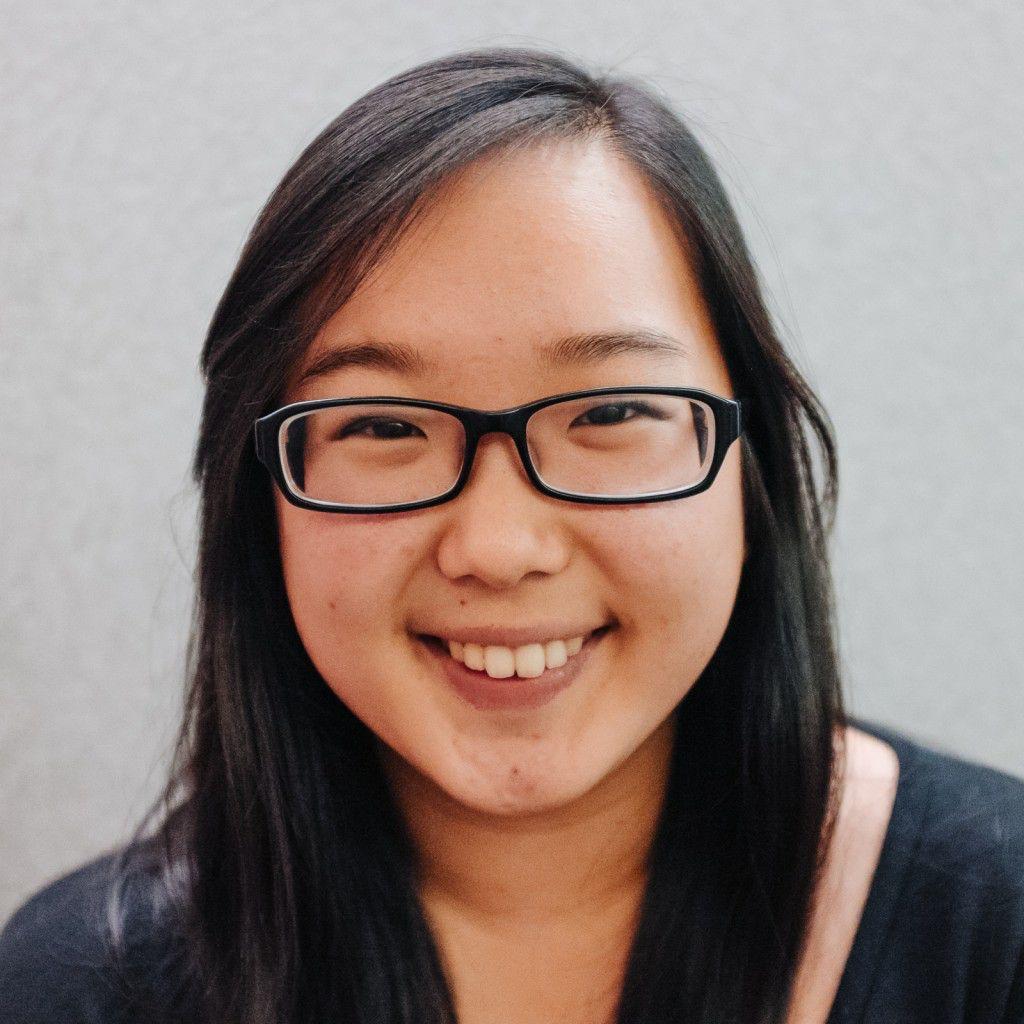Gift shopping may be one of the most stressful and joyous activities of the holiday season. I love being able to find things for each of the people on my list and crossing them off one by one, imagining their smiling faces when they receive said gift. Of course, some gifts are harder than others to find.
What I’ve noticed from starting to do my holiday shopping is the ads decorating every surface of malls. I’ve seen so many ads for the “perfect body,” and it’s shocking to see that there are no ads attacking men in that way.
All of these women in the ads are beautiful, posed and mostly thin. Now, I’m not saying that’s a problem. Every woman should be celebrated, regardless of her size. I have many friends who fit this very description of being tall and thin or petite and thin.
But I see a lack of representation of other types of women, and that is a real problem. Rarely do I ever see plus-size models that pose for companies that aren’t geared toward plus-size clothing. Recently, Calvin Klein was in the news for hiring the first plus-size model. She was a size 10.
In the United States, the average size for a woman ranges from size 12 to 14. These aren’t preposterous numbers, and yet, almost all models range from a size zero to two. Also, Calvin Klein wasn’t trying to hire a plus-size model. She was just the right person, and it was social media that gave her the label of being plus sized.
It is a bit ridiculous that if a model is hired and her size is not a single digit, suddenly she’s thrown into the spotlight. What does that say about us as a society? What does that say about how we judge women?
The models I’ve seen are either very thin or they are thin but curvy. These are the only two body types that I see represent women, and I think it’s time for some change. Before we tackle this, peace must be made between women.
Often, it seems like thin women and regular women and curvy women and so on are pitted against one another. A woman can only belong to one category and one category alone. Most often, I see thin women being hated on. Our society has shaped us into thinking that all women should be thin women. If you are one, you’re accepted, and if you aren’t, you’re a defect. Fix yourself until you become the beautiful women on the posters.
This makes all other women hate on the thin women for being accepted by society, and in return, thin women turn defensive because this is their body and they should be able to love it.
The most recent example I’ve seen of this sprang from Meghan Trainor’s song “All About That Bass.” She sings of how women with curves should love who they are and not worry about being thin. If you’ve ever read the comment section of the music video, you will witness the hatred between women who have different body types.
This is an unnecessary war waged between women. The sooner we come to terms with that, the better.
We as women need to come together to fight a bigger, more necessary war. This is the one against ad agencies, clothing companies and the media. This is a war about changing how they portray women. Instead of fighting amongst ourselves, we should be fighting to be represented equally. We should be fighting for women, not against them.
Every woman should have the right to feel beautiful. No one should deprive her of that right. I know that growing up, I rarely ever saw models that represented me. I grew up with glasses, a baby face and Asian American. Every time I saw an advertisement, the only similarity was that we were both women.
Even now, in my twenties, I rarely see myself represented in ads. I’m an average-sized woman, and yet in all the ads I’ve seen, there is no representation of that. We need to include women of color, different sizes, varying heights and so on.
We need to fight for this change for future generations of women to not have to live in a world where only one body type is acceptable in the eyes of society. I want my future daughter to feel proud and wonderful, regardless of the number stamped on her shirt. I never want to witness another beautiful woman struggle with anorexia or bulimia. A number should define no woman.
On that note, this is my last column of the semester. I want to thank the three people that probably read my column on a regular basis. I’ll be sending you all gift baskets soon. But really, thank you to anyone and everyone who has taken the time to read one or all of these. It means more to me than you will ever know.
Feminism is not an easy topic, and being a feminist isn’t always the most popular choice. However, this is a necessary and important fight for equality. I’m grateful for the women who have led it before me and proud to now be paving the way for generations to come. I stand by what I believe in, and I believe in being a feminist.





















































































































Jillian R • Dec 3, 2014 at 1:21 pm
Awesome article!